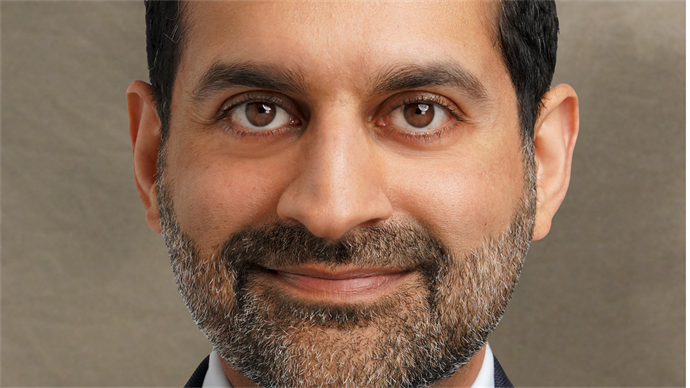Having just raised the largest global property fund ever, Blackstone is now working towards a first close of its new European investment vehicle. James Seppala, head of Europe real estate, and Nadeem Meghji, head of real estate Americas, discuss the firm's strategy with PropertyEU.
MAGAZINE: Blackstone's Seppala: 'Compelling opportunities in Europe'
- In Magazine highlights
- 12:03, 01 June 2023
Premium subscriber content – please log in to read more or take a free trial.
Events
Latest news
Best read stories
-

Investis expands Swiss resi portfolio with €149m acquisition
- 20-Dec-2024
Swiss real estate group Investis has boosted its real estate holdings with the CHF 139 mln (€149 mln) purchase of prime residential properties in Vaud canton.
-

-
- 20-Dec-2024
Deka snaps up Paris office building for €89m

-
- 23-Dec-2024
Indurent gets green light for Staffordshire shed

-
- 23-Dec-2024
NBIM snaps up 80% stake in Trinity office tower































